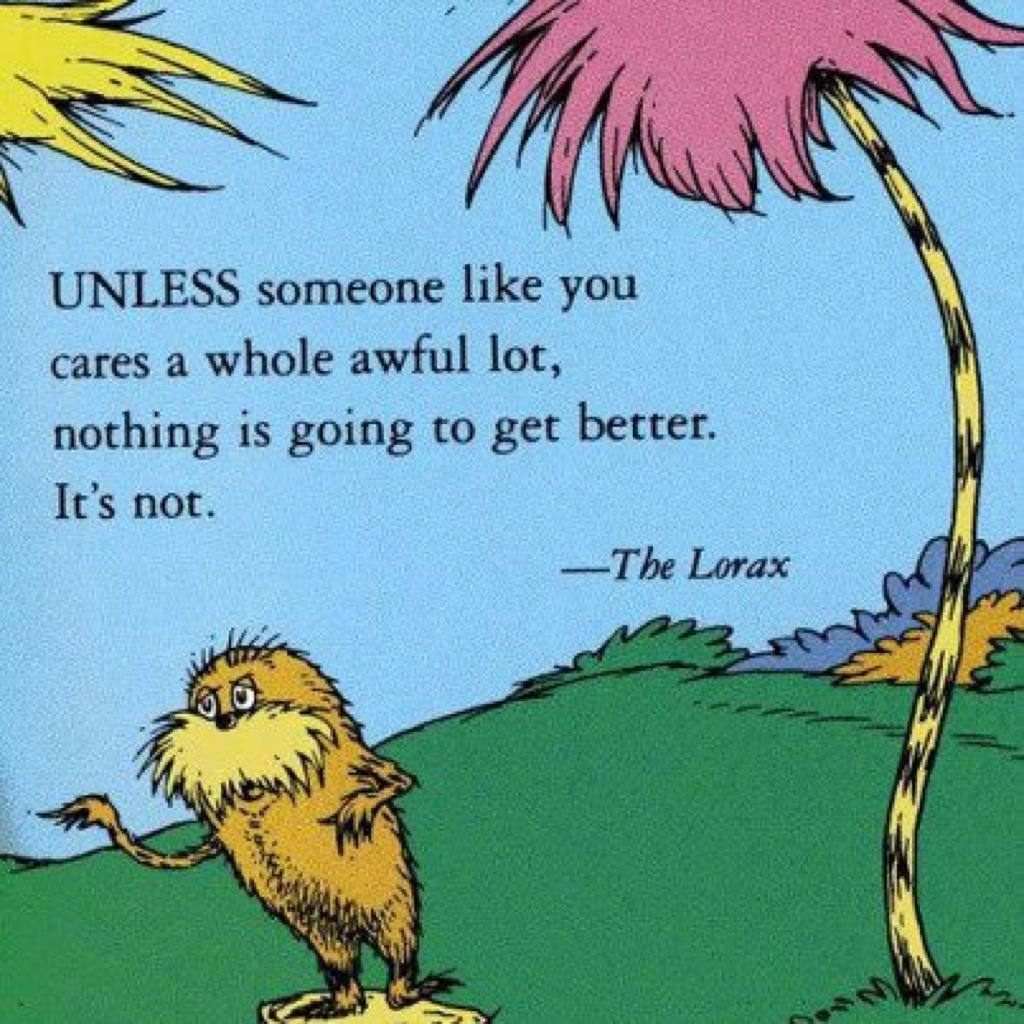Human interference with the climate system is occurring, and climate change poses risks for human and natural systems. (p. 3)They point to a doubling of literature documenting the effects of climate change, the human connection to the causes, and ways to adapt to such changes in the years 2005-2010. I think this is a good sign, that scientists and policy makers are paying attention to this problem and attempting to suggest solutions, even though it's a huge and scary issue. This paper cites melting ice, changing migration patterns for sea and land animals, changes in crop yields across the globe (in some places this means a better crop yield because it's warmer), and a larger number of major weather events (pp. 6-7).
As far as effects on people, the report says that climate change has already possibly impacted human health (this one hasn't been well-documented to connect the dots yet). It also suggests with "high confidence" that those already living in poverty, or in impoverished areas, feel the compounded effects of climate change alongside their already difficult situations. The report even states that they believe climate change contributes to higher rates of violence worldwide, as people are struggling person-to-person and internationally to gain access to adaptive resources (pp. 7-8).
Although we perhaps should "save the whales" for their own sake, this report is pointing out plainly that we no longer just have to be worried about whales. Saving the whales also saves ourselves. (Obviously here I don't mean spiritual salvation, I mean it saves us from destroying our planet to the point where it becomes difficult to live on it.)
The report says:
Adaptation and mitigation choices in the near-term will affect the risks of climate change throughout the 21st century (high confidence). (p. 10)In other words, our small choices can still make a difference regarding the degree of climate change effects we'll feel in our lifetimes.
Last week I worked on "buying less." This feels kind of overwhelming. I did buy less, but part of that i because I already had enough in my house that I didn't need to go buy more throughout the week. I bought more milk and a couple things like that, but otherwise I managed to keep it to a minimum. But, of course, that just means that other weeks are weeks for buying more. When I think about the fact that I pretty much have to buy things wrapped in plastic that will end up in a landfill and in the ocean and leech back into our food supply, it can feel like I don't have the ability to make choices that have an impact.
At the same time, I feel that doing SOMEthing is better than doing nothing. I can choose to reduce my intake as much as I can, and it's better than NOT reducing my intake. It's not all-or-nothing. Incremental steps are important, and each of us can make them.
The UN climate change report states that:
Adaptation is place and context specific, with no single approach for reducing risks appropriate across all settings (high confidence). (p. 22)To me, this means that all our local, small choices within our particular context are what DOES matter. These are the choices that begin to make a difference. Then we can tackle policy and governments across all levels of our society. The report suggests working on areas that combine with "co-benefits for other objectives" (p. 23), which I assume means emphasizing job creation and the like.
Pages 27-30 of this report have a chart that lists the key climate change risks in various areas of the world, and suggests adaptation prospects. This is a really helpful way to look at what is going on and what we might do about it in our areas. There are a bunch more charts and graphs on the following pages that look interesting and helpful, too.
This week's eco-challenge from the Northwest Earth Institute's "A World of Health: Connecting People, Place & Planet" is to use less energy by turning heat down, turning off appliances and electronics that aren't in use, and unplugging appliances that draw energy even when they're not on. I have a feeling this one is going to hit that "convenience" button again. But with the motivation of this recent UN paper, I'll attempt to set my own desire for convenience aside, and instead focus on the big picture.

No comments:
Post a Comment